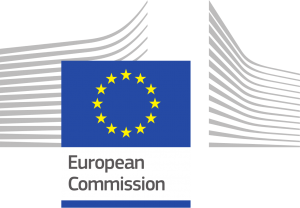 The European Commission has published an in-depth study outlining the main features of social enterprises in 28 EU Member States and Switzerland using a common definition and approach. It also gives an overview of social enterprise “eco-systems”, or policy and legal frameworks, across countries, including factors constraining and promoting their development. The study found that only eight countries (Bulgaria, Greece, France, Italy, Luxembourg, Slovenia, Sweden, and United Kingdom) have a policy framework in place to encourage and support the development of social enterprises. However, social enterprise policy is being developed in seven countries (Ireland, Croatia, Latvia, Lithuania, Malta, Poland, and Romania).
The European Commission has published an in-depth study outlining the main features of social enterprises in 28 EU Member States and Switzerland using a common definition and approach. It also gives an overview of social enterprise “eco-systems”, or policy and legal frameworks, across countries, including factors constraining and promoting their development. The study found that only eight countries (Bulgaria, Greece, France, Italy, Luxembourg, Slovenia, Sweden, and United Kingdom) have a policy framework in place to encourage and support the development of social enterprises. However, social enterprise policy is being developed in seven countries (Ireland, Croatia, Latvia, Lithuania, Malta, Poland, and Romania).
This study is pitched as the first stage in developing a comprehensive map of social enterprises in Europe and the Commission is inviting feedback to expand their knowledge of the reality of social enterprises in the EU and Switzerland, via an online feedback form.
The study follows up on the Social Business Initiative launched by the Commission in 2011 (see here for Eurodiaconia article on this).
Barriers faced by social enterprises identified by the study include:
- poor visibility and recognition of the sector,
- the constraints of current legal and regulatory frameworks,
- limited financial resources,
- difficult access to markets,
- and the lack of business support and development structures, training, and workforce development.
These points reflect a number of issues raised by Eurodiaconia members that were featured in Eurodiaconia’s recent policy paper “Social Enterprises for Social Inclusion”. Eurodiaconia will read the report and work on an analysis, so encourages members to read their country report and to let Laura Jones know if it is an accurate reflection of the situation and any additional comments they may have by the end of the year.
The study was based on existing academic materials and interviews with more than 350 stakeholders across Europe. It was supported by a team of five independent academics who provided methodological support, conducted peer reviews and reviewed the final report.